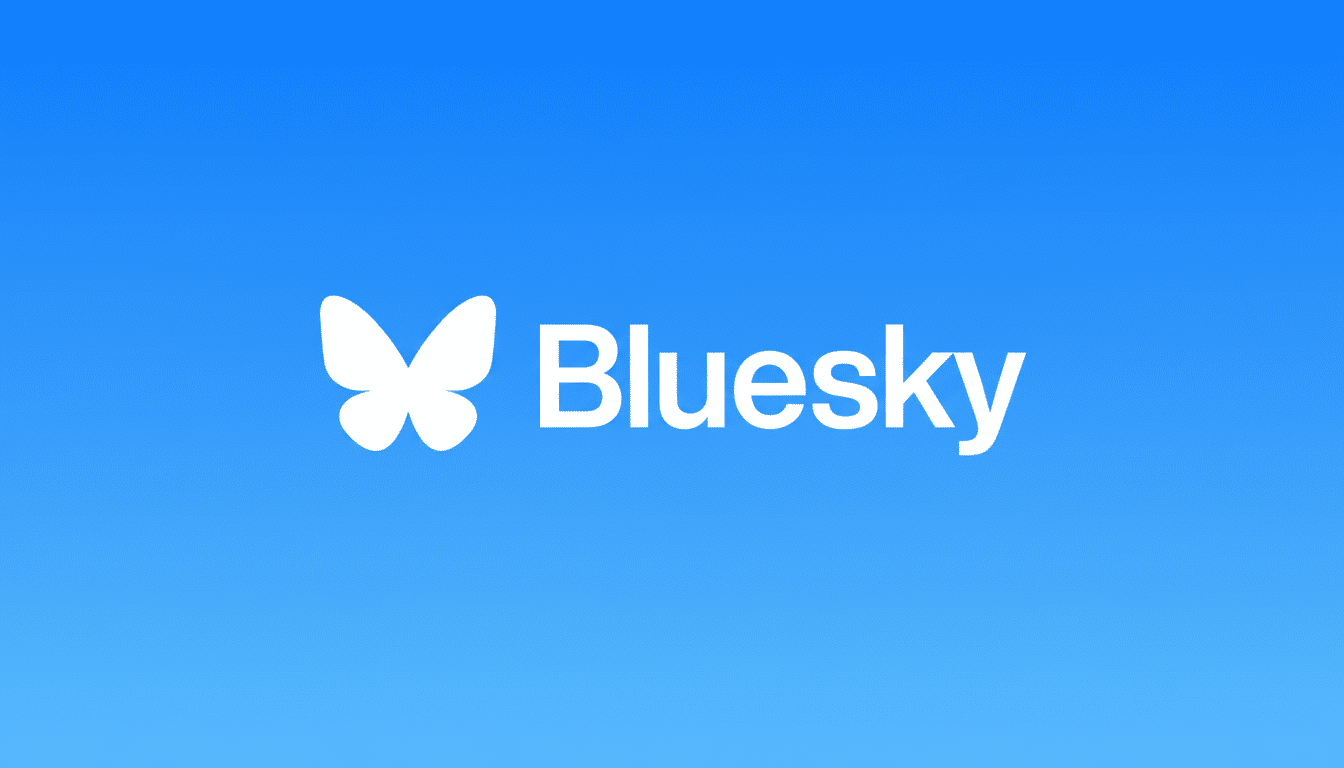What began as an absurd eruption of breakfast humor has become an illuminating stress test for Bluesky. Perhaps the quickest and noisiest manifestation is an explosion of waffle-related posts — a mixture of satire, smokescreen and, some say, class war — that has rocketed across the network’s discourse as it lays bare a rift between a user base so bent on protecting its community from outsiders and a leadership team determined to keep reaching for solutions in protocol-first fashion.
How Waffles Became the Whole Conversation
The meme materialized out of thin air. It began as a parody of performative outrage, but snowballed as more high-profile accounts replicated the bit. Bluesky’s chief executive took the joke one step further while promising to reevaluate incentives that reward pile-ons and moral one-upmanship. The waffles were an inside joke — a way to talk about the platform’s tone problems without reopening certain flame wars.

Memes are usually safety vents that siphon off toxic air in online communities, but they also function as redirectors of attention.
In this, the pastry punchline stood in for tougher questions about who gets to be protected, who gets amplified and how moderation really functions at scale on a nascent network that is still building social norms.
The Moderation Fault Line Behind The Joke
The waffle wave bubbles up from a years-old debate about controversial speakers and enforcement consistency. One journalist’s presence drew widespread outcry for previous coverage of trans issues, prompting petitions on Change.org that garnered more than 28,000 signatures and landed him on community blocklists until a better-known politician surpassed him. For many early adopters — and especially trans users who helped seed the culture — that history is inextricable from any present-day moderation stance.
Proponents of stricter enforcement say that trust and safety demand clear boundaries and the ability to act quickly, especially when minority people face the brunt of harassment. Skeptics respond that bans born of outrage cycles are fragile and arbitrary, and can turn into instruments of factional vengeance. Both sides are concerned, in their own ways, about precedent and power.
Protocol promises (are) congruent with community expectations
Bluesky’s pitch had always been bigger than a single app. Its AT Protocol wants users to take their identities, feeds and filters elsewhere, with modular moderation that includes user-chosen labeling services and portable blocklists. Leadership has doubled down on it, emphasizing that the freedom to draw lines should be a matter of architecture — and not a centralized dictate.

Such arguments have precedent from the Electronic Frontier Foundation, which has long supported user control over top-down, one-size-fits-all filtering. But it also inherits the complications flagged by researchers at the Stanford Internet Observatory: decentralization isn’t a substitute for strong tooling, clear governance and transparent appeals. Without them, portability in protocol can feel more like abdication than empowerment.
There is momentum for this approach in practice. The emergence of community-run labeling services, shared mute lists and custom feeds demonstrates that users will self-organize if they have knobs to turn. Pew Research Center has shown how online polarization feeds on engagement mechanics; redesigning reply and quote dynamics, rate-limiting attention floods, or detuning dogpile vectors could cool things off without resorting to blunt censorship.
What Bluesky Could Fix Right Now to Improve Moderation and Discourse
The company has tipped a coming “healthy discourse” push on interaction design. The most impactful near-term levers probably include blocking rapid-fire quote-post cascades, adding a more affirmative default opt-out for pile-ons and making it easier to follow provenance signals as viral fragments spread. Together with clearer policy language and more rapid, auditable appeals, such shifts would address both safety and due process.
On the community side, enabling true portability of moderation stacks with shadow-mitigation settings, blocklist federation and reputation layers that users can adopt or reject would turn ideological arguments into real-world options. If communities can take memes with them across interface lines and hosting providers, dissent is exit and recomposition instead of literal trench warfare.
The Lesson in the Waffle Meme for Bluesky
“Waffles” functioned as a pressure-release joke, but it also reflected a design truth: As long as incentives for interacting prioritize spectacle, memes will outpace nuance and what seems acceptable or arbitrary. Bluesky’s wager is that protocol freedom plus better engagement mechanics can tilt the equilibrium. That can be a tricky balance to strike — but if the network can turn a pastry spillage into real change that decreases performative outrage without choking off voice, then the joke will have done its work.
Until that happens, breakfast posting is likely here to stay. In contested spaces, humor serves as both armor and signaling. The real question is whether, as the laughter dies down, users find tools that render legible — and enforceable — the values of the platform without another food fight.

